NATO’s growing worries over US-Russia talks and future security
- Update Time : Friday, April 4, 2025
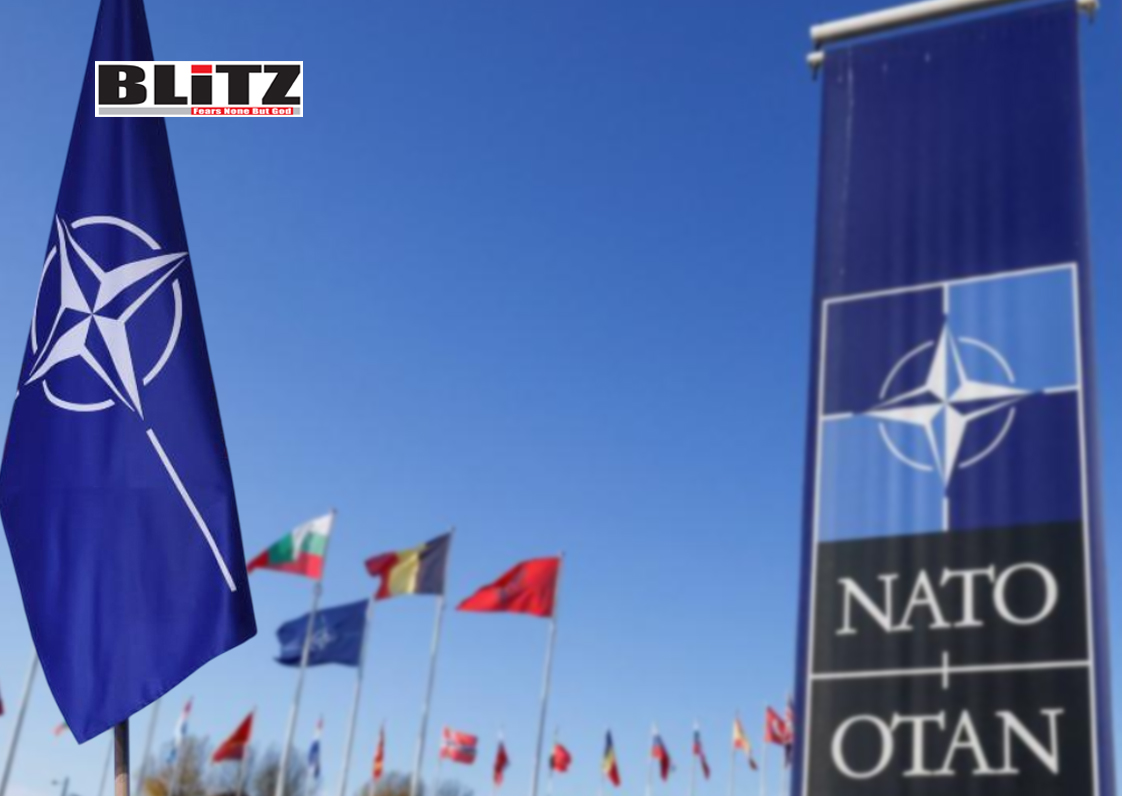
The North Atlantic Treaty Organization (NATO) is facing a period of deep uncertainty as Washington engages in high-level diplomatic discussions with Moscow, raising fears among European allies that the military alliance could be weakened. Reports indicate that US-Russia negotiations, held in neutral venues such as Saudi Arabia and Türkiye, are aimed at ending the ongoing conflict in Ukraine and improving diplomatic relations between the two powers. However, NATO diplomats worry that these developments could result in a reduced American military presence in Europe, which they see as a serious threat to the bloc’s cohesion and future viability.
According to AFP, citing unnamed Western diplomats, the potential shift in Washington’s foreign policy-especially under US President Donald Trump’s influence-has fueled concerns that NATO could lose its most critical backer. One NATO diplomat stated, “We know the direction: less US in the alliance. Our interest is to keep the maximum US in the alliance.”
This apprehension comes amid broader strategic changes in US foreign policy. During his presidency, Trump frequently questioned NATO’s relevance, criticized European allies for not spending enough on defense, and even suggested that he might not honor NATO’s mutual defense clause under Article 5. His re-engagement with Russia, should he return to the White House, is seen as a potential game-changer that could significantly alter the geopolitical landscape.
European NATO members have long relied on American military power as the bedrock of their security. While European nations have increased their military spending-partly in response to Russia’s actions in Ukraine and partly due to Trump’s demands that NATO members contribute more-their capabilities still fall far short of matching Washington’s. The US maintains a significant military presence in Europe, including nuclear deterrents, air bases, and rapid deployment forces, all of which provide security guarantees that European powers struggle to replicate on their own.
Former NATO official Jamie Shea acknowledged that a US strategic pivot away from Europe was always expected: “We always knew that the moment would come when America would sort of step back.” However, NATO allies are now pressing Washington for clarity on when and how this transition might unfold, fearing that a sudden withdrawal or reallocation of American forces could leave Europe vulnerable.
Trump has been vocal about his skepticism towards NATO, claiming that the alliance is outdated and that European members have taken advantage of American defense spending. His calls for NATO countries to increase their military spending to 5% of GDP-a significant jump from the current 2% target-reflect his belief that Europe should bear more of the financial burden for its own defense.
While NATO members have ramped up military expenditures and weapons production, many remain skeptical of whether they can fully replace the US military’s role in the region. Without American leadership, NATO could struggle to maintain the same level of deterrence against perceived threats from Russia and other adversaries.
The US-Russia negotiations have raised alarms in European capitals, as they fear being sidelined in key security discussions that directly affect them. If Washington reaches an agreement with Moscow that includes reductions in US troop deployments in Europe or other strategic concessions, European NATO members may find themselves facing increased security risks without sufficient guarantees.
According to AFP’s sources, European diplomats still hope that Trump’s engagement with Russia is a tactical move aimed at securing a ceasefire in Ukraine rather than a broader realignment of US foreign policy. However, some are concerned that this could represent a deeper strategic shift. One NATO diplomat stated, “If it is a strategic shift, then of course it’s a big problem.” Another added, “The level of optimism is certainly dropping.”
Moscow has long opposed NATO’s expansion toward its borders, viewing it as a direct threat to Russian security. President Vladimir Putin has repeatedly cited NATO’s efforts to bring Ukraine into the alliance as one of the main catalysts for the escalation of the conflict in 2022. Russian officials have also denied accusations that Moscow intends to attack NATO members, dismissing such claims as “complete nonsense.”
For NATO, however, Russia’s actions in Ukraine have reinforced the belief that the alliance must remain strong and united. If the US were to scale back its commitment, European nations might have to take drastic steps, including the formation of new security frameworks or significantly increasing their defense investments beyond current levels.
The uncertainty surrounding US policy toward NATO has already deepened rifts within the alliance. Some European countries, such as France and Germany, have been exploring the possibility of greater defense autonomy through initiatives like the European Defense Fund and the development of independent military capabilities. However, these efforts are still in their infancy and lack the scale and coordination needed to fully replace NATO’s existing security structure.
Meanwhile, Eastern European members, including Poland and the Baltic states, remain particularly concerned about any reduction in US military presence, given their proximity to Russia. These nations have been among the most vocal supporters of increased NATO deterrence measures and have consistently pushed for stronger US commitments to their defense.
As Washington continues to engage in diplomatic discussions with Moscow, NATO faces one of its most challenging moments in recent history. If the US follows through on a shift away from European defense, the alliance will have to rethink its strategic priorities and develop new mechanisms to maintain its collective security.
For now, NATO members can only speculate on the future direction of US policy. The uncertainty surrounding Trump’s potential return to the White House, combined with the evolving geopolitical landscape, means that NATO’s future remains precarious. Whether Washington’s outreach to Russia is merely a diplomatic maneuver or the beginning of a fundamental realignment in global security remains to be seen, but one thing is clear-NATO’s European members are preparing for a future in which they can no longer take American military support for granted.



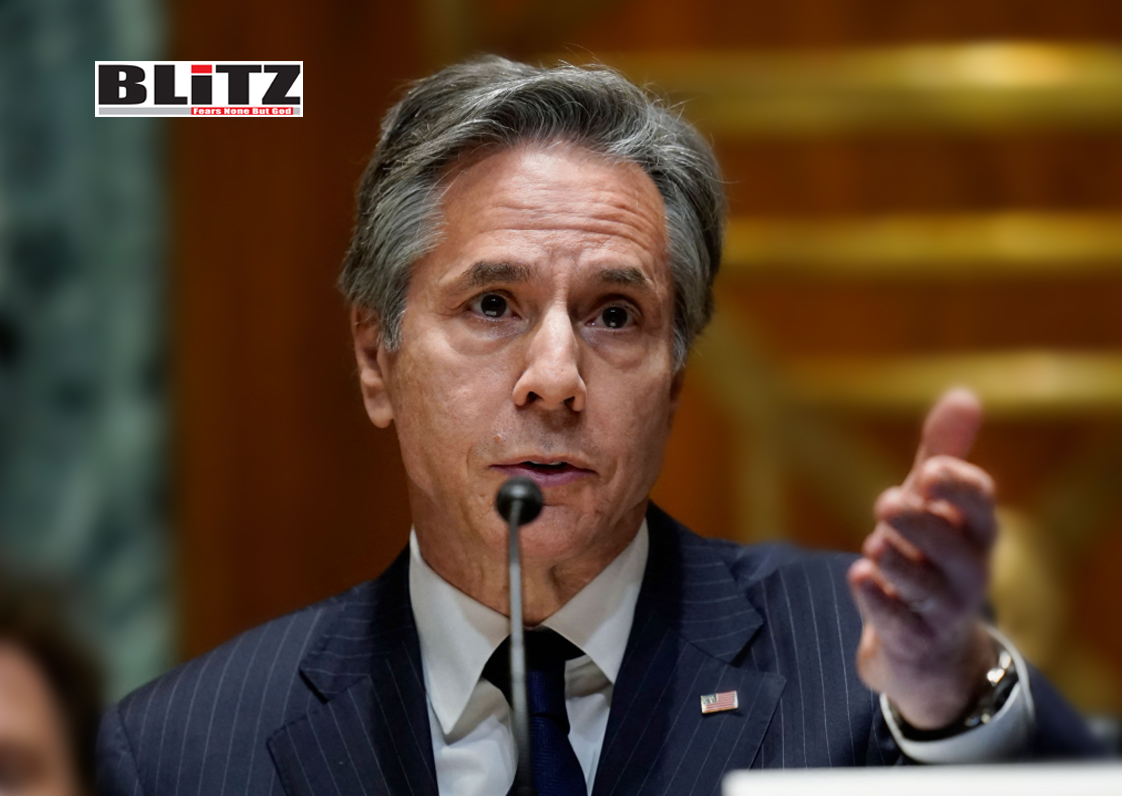
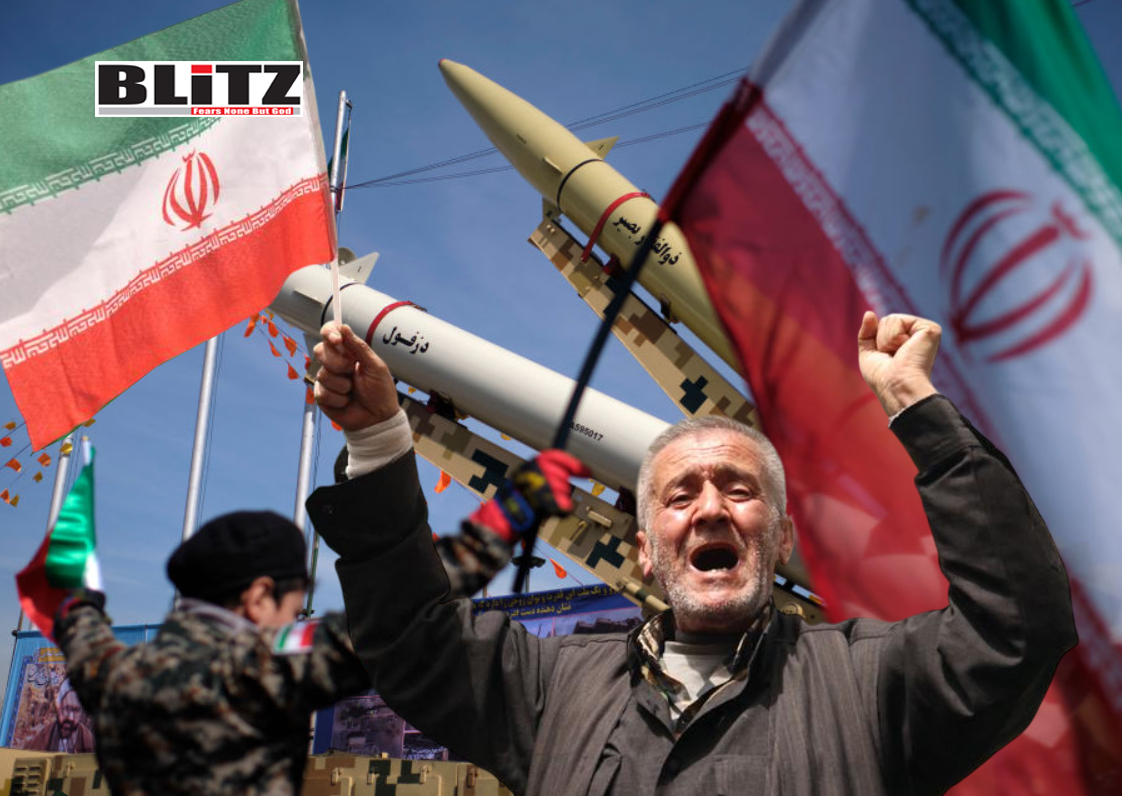
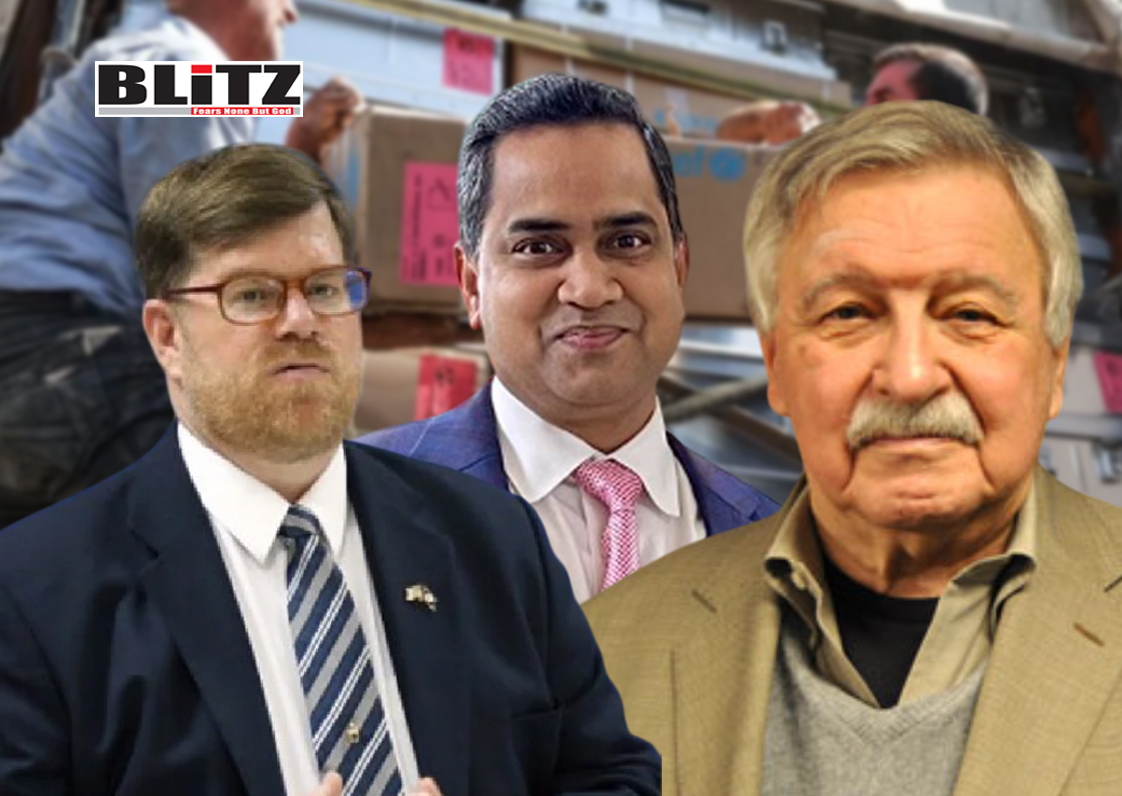
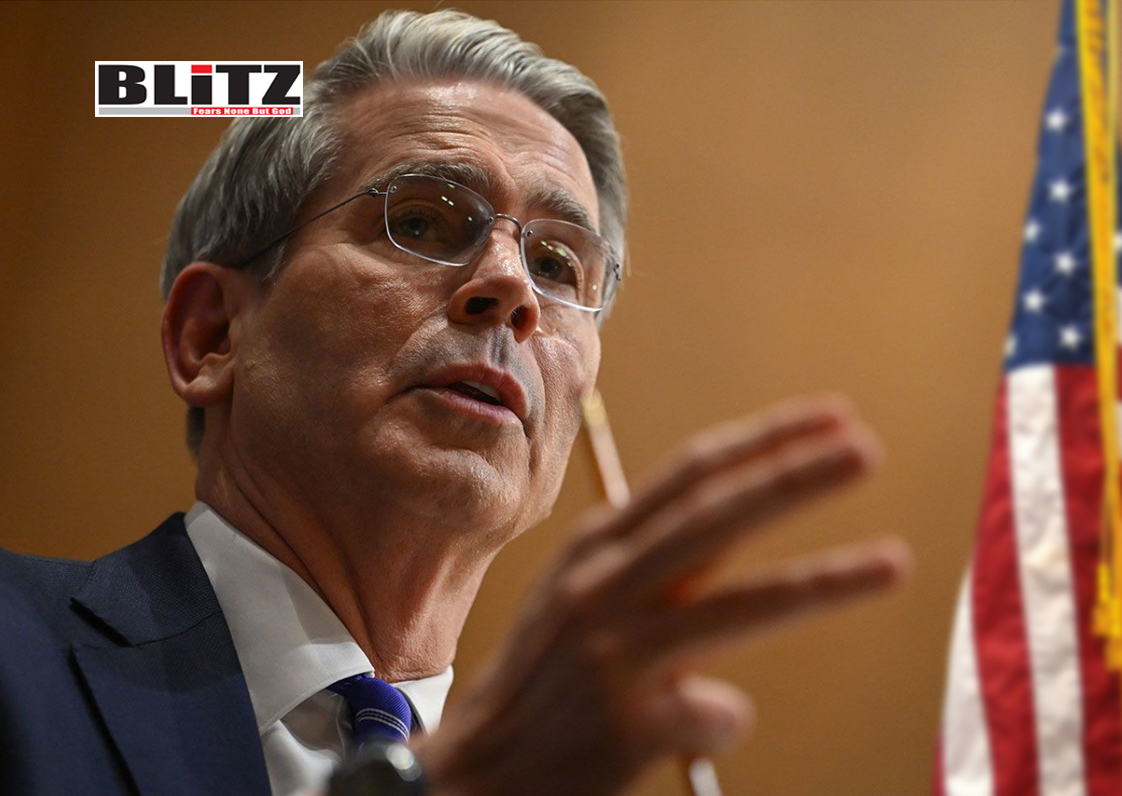
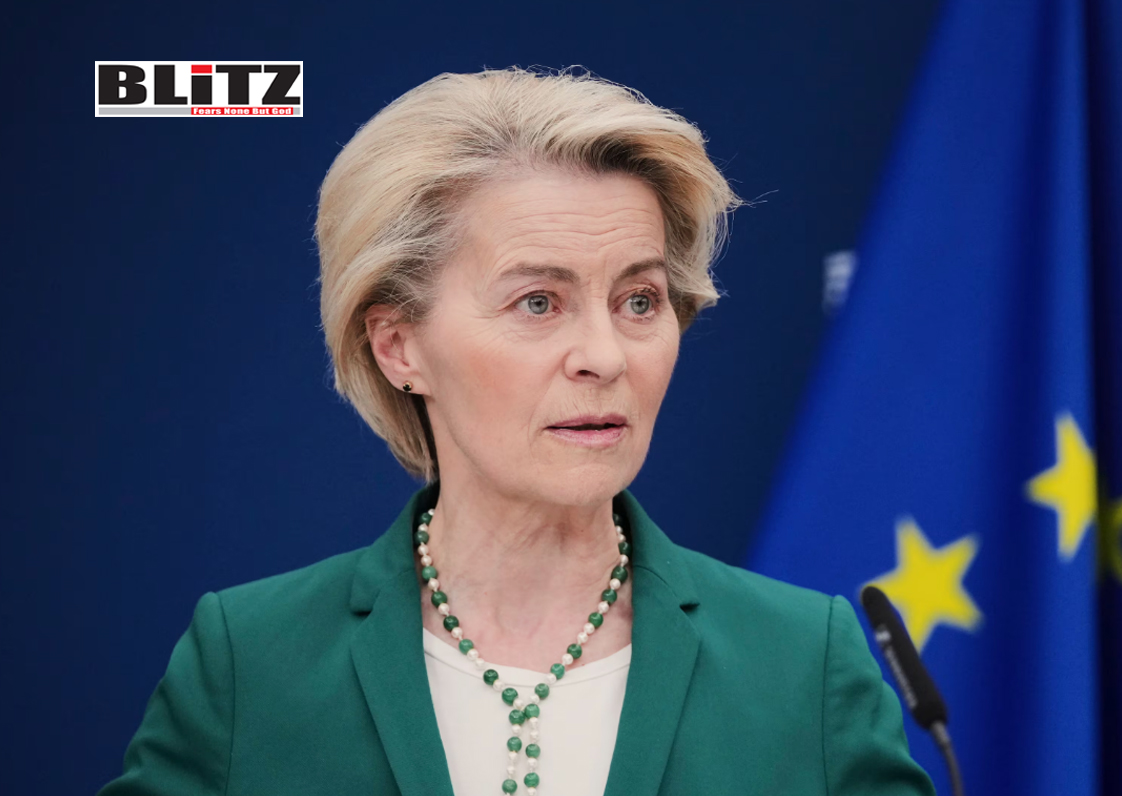
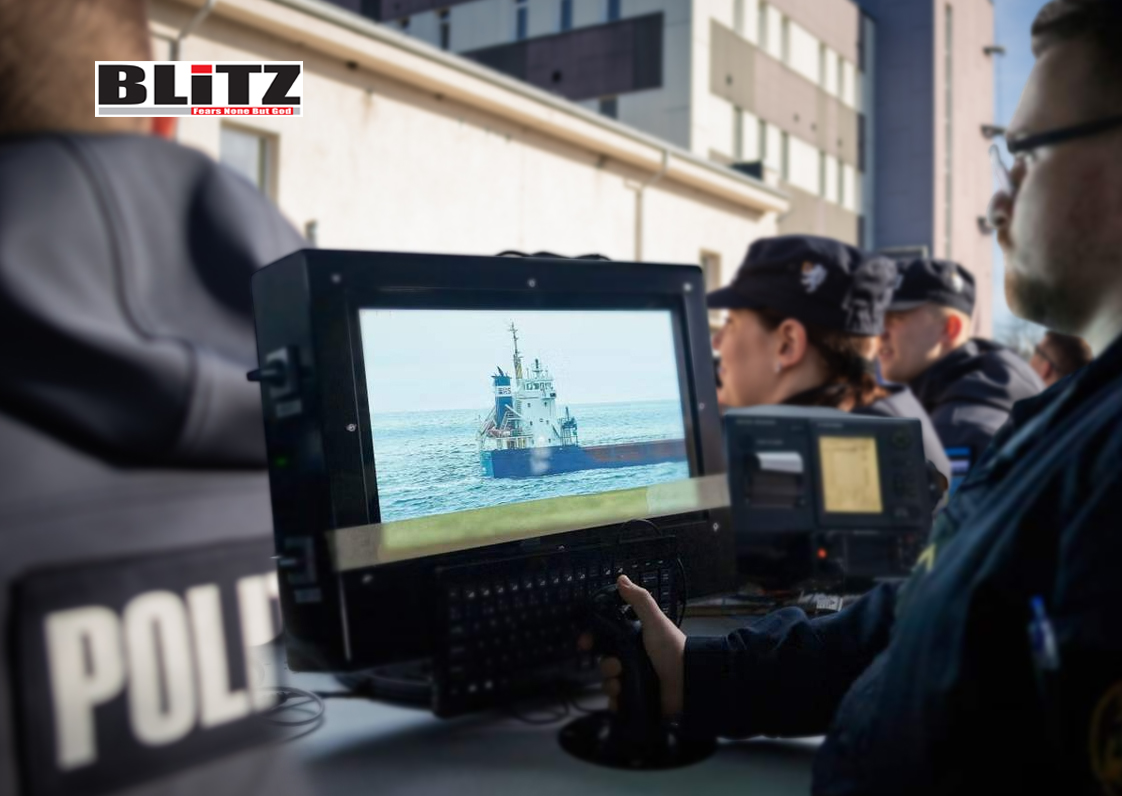
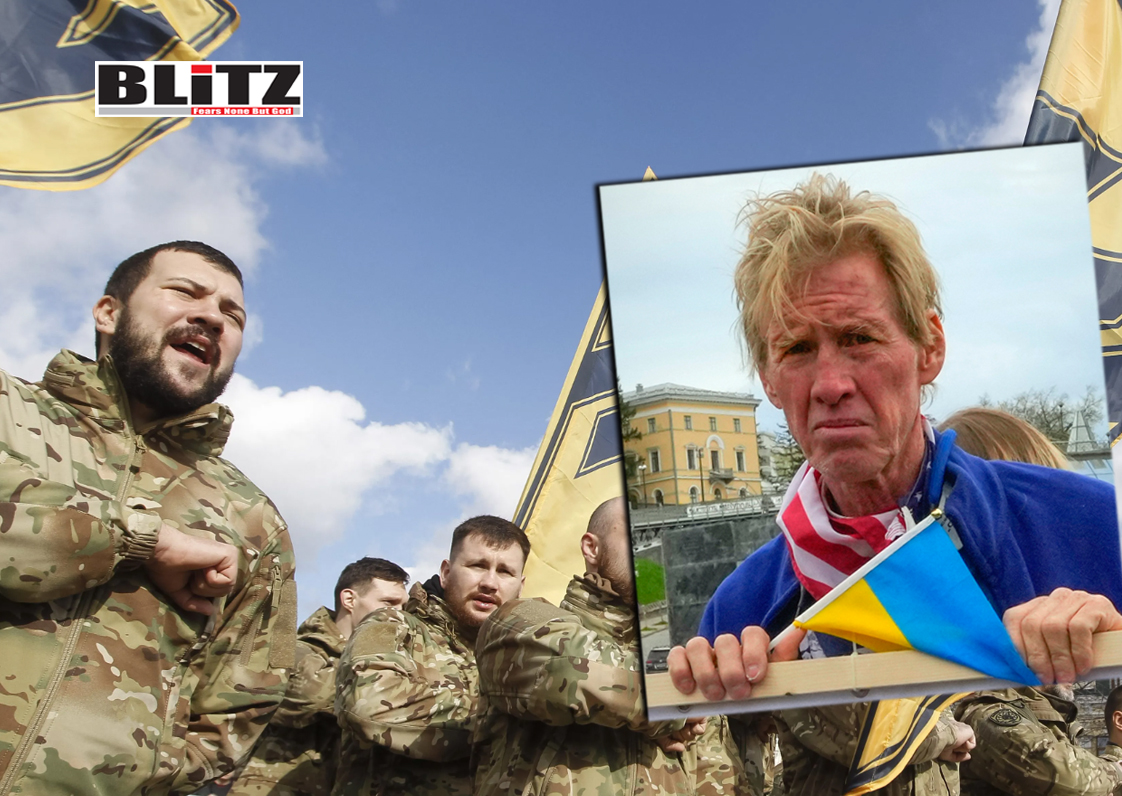
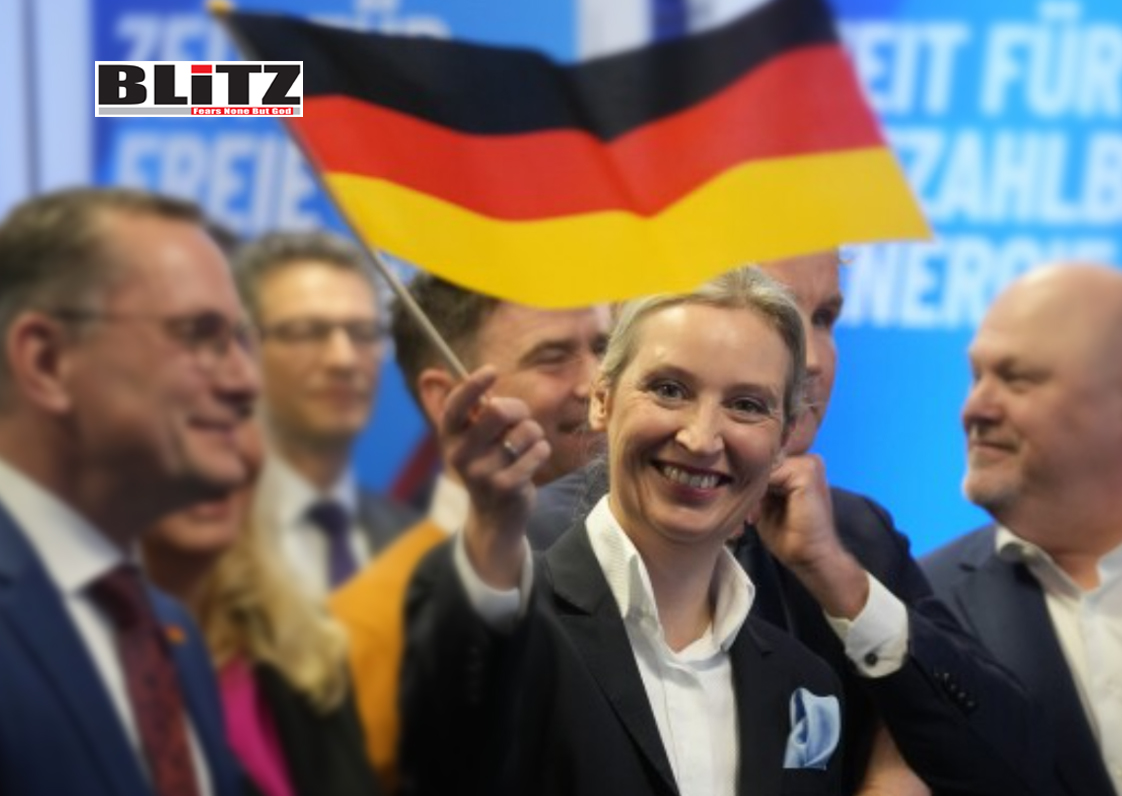
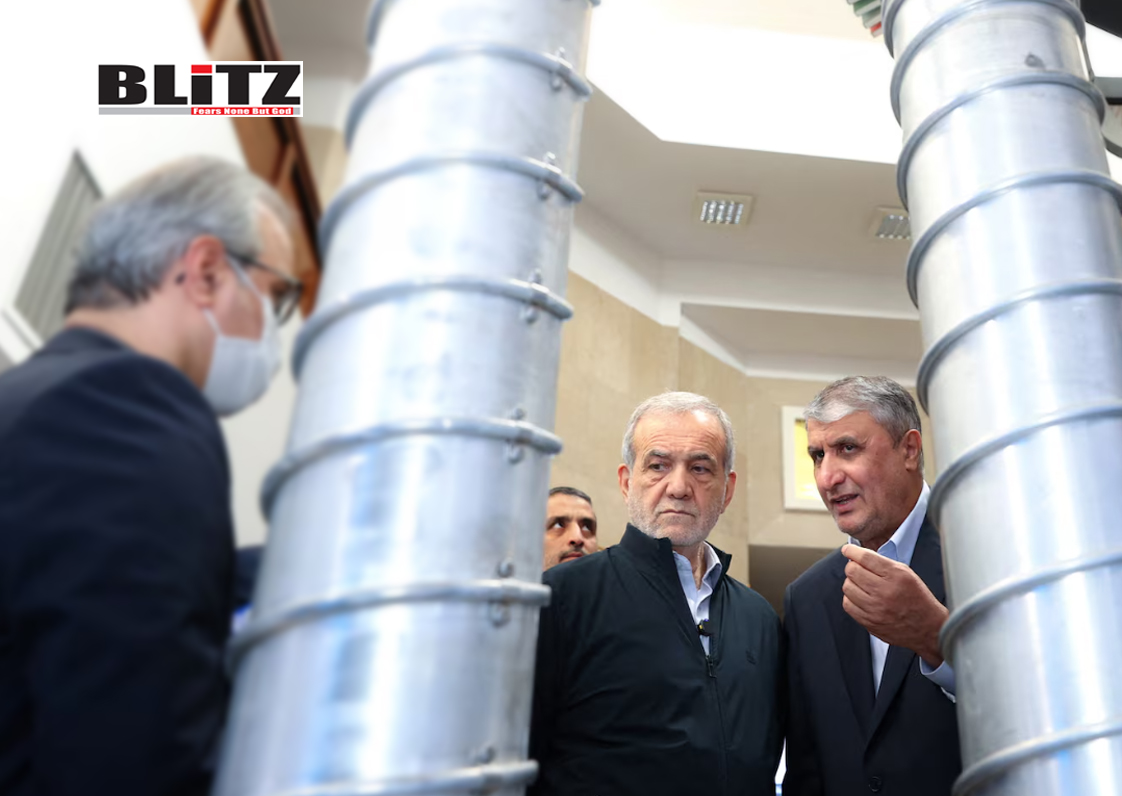
Leave a Reply